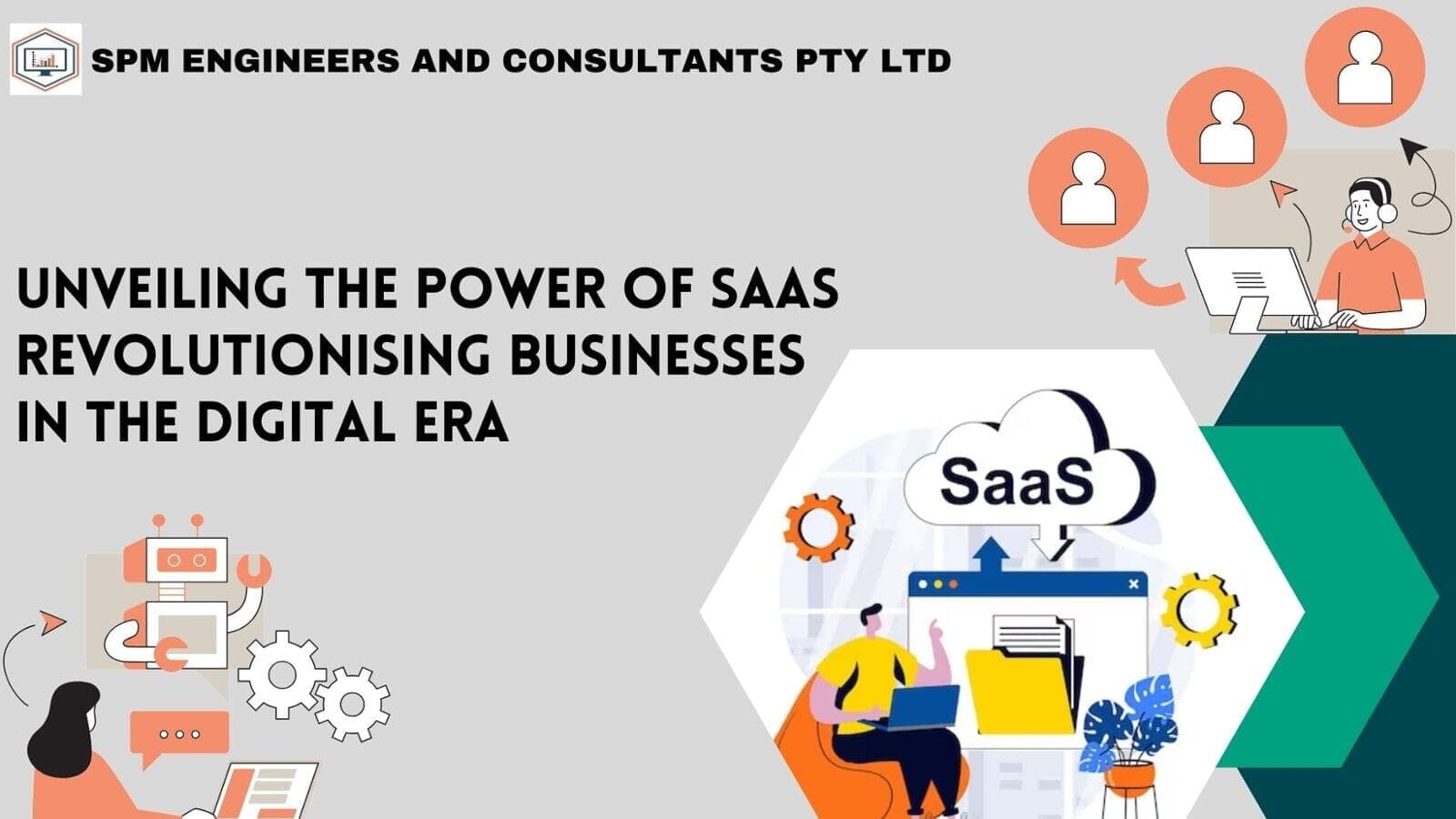
In today's rapidly evolving technological landscape, businesses are increasingly turning to Software as a Service (SaaS) as a game-changer in their operations. SaaS, a cloud computing model, offers a plethora of benefits that transform the way businesses operate, collaborate, and scale. Let's dive into what SaaS is and explore the myriad ways businesses derive substantial benefits from its adoption.
Understanding SaaS
Software as a Service (SaaS) is a cloud-based software distribution model where applications are hosted by a third-party provider and made accessible to users over the internet. Unlike traditional software installations, SaaS eliminates the need for users to install, manage, and maintain the software on their devices. Instead, users can access the software through a web browser, usually on a subscription basis.
Key Features of SaaS
• Accessibility: SaaS applications are accessible anytime, anywhere with an internet connection, fostering collaboration and flexibility in modern business environments.
• Automatic Updates: The burden of software updates and maintenance is shifted to the SaaS provider, ensuring that users always have access to the latest features and security patches.
• Subscription Model: SaaS typically operates on a subscription-based pricing model, allowing businesses to pay for the services they use without the upfront costs associated with traditional software licenses.
• Scalability: SaaS solutions are designed to scale effortlessly, accommodating the growth of businesses without the need for significant infrastructure investments.
Benefits of SaaS for Businesses
• Cost Efficiency: SaaS eliminates the need for expensive upfront hardware and software investments. The pay-as-you-go model allows businesses to budget effectively and avoid unnecessary expenses.
• Flexibility and Scalability: SaaS applications can easily adapt to the evolving needs of Aussie businesses. As operations grow, businesses can scale their SaaS usage without worrying about infrastructure constraints.
• Collaboration and Remote Work: With the rise of remote work, SaaS enables seamless collaboration among dispersed teams. Employees can access applications and data from anywhere, fostering productivity and flexibility.
• Automatic Updates and Maintenance: SaaS providers handle software updates, patches, and maintenance, freeing businesses from the responsibility of managing complex IT infrastructure. This ensures that businesses always have access to the latest features and security measures.
• Enhanced Security: Reputable SaaS providers invest heavily in robust security measures to protect data. This often includes features like encryption, multi-factor authentication, and regular security audits.
• Focus on Core Competencies: By outsourcing software management to SaaS providers, businesses can redirect their resources and focus on core competencies, driving innovation and growth.
In conclusion, Software as a Service is a catalyst for business evolution in the digital age for business enterprises. Its cost-effectiveness, scalability, and focus on user experience make it an invaluable tool for businesses aiming to stay competitive and agile in the ever-changing landscape of the modern marketplace down under.


